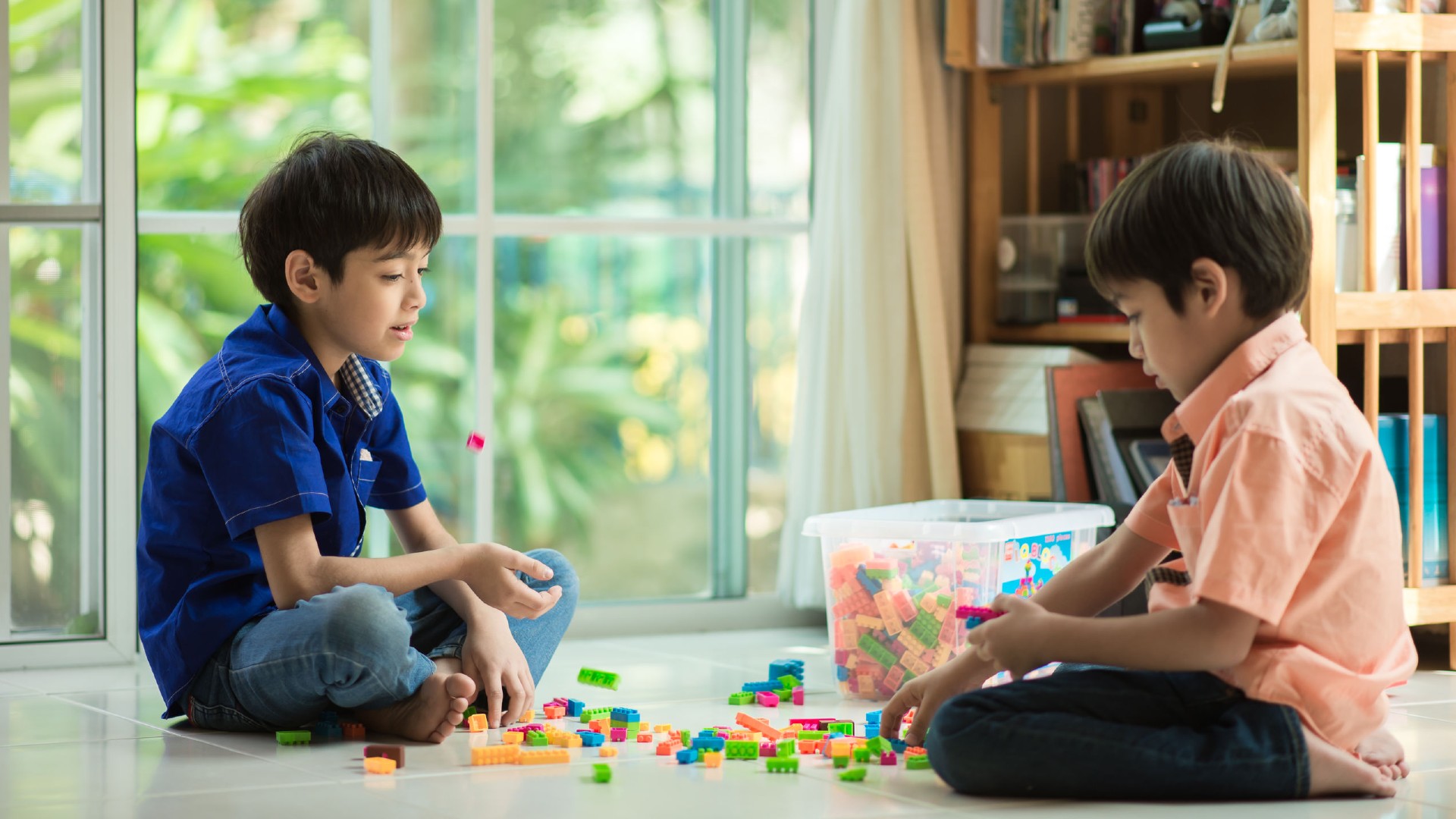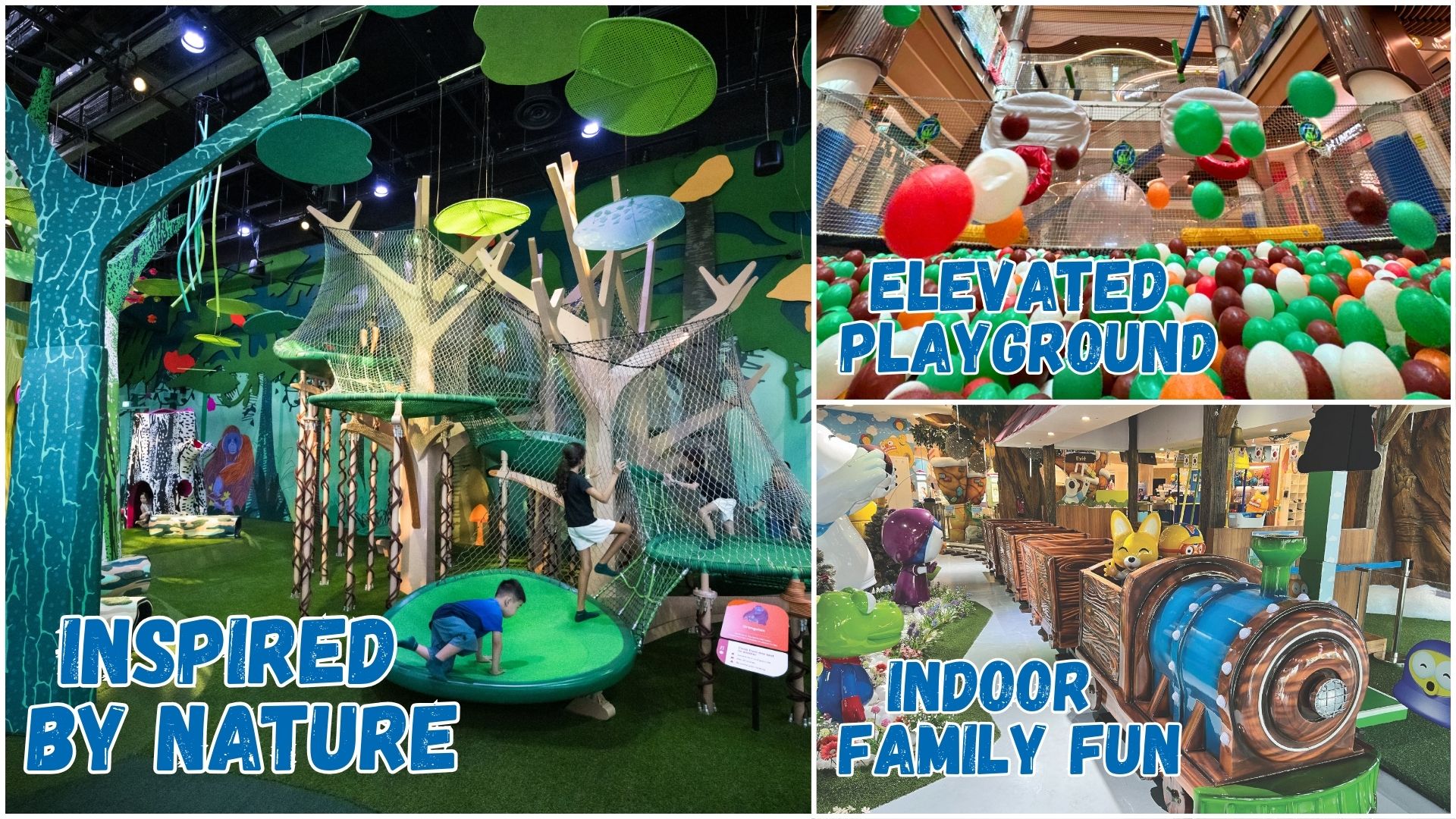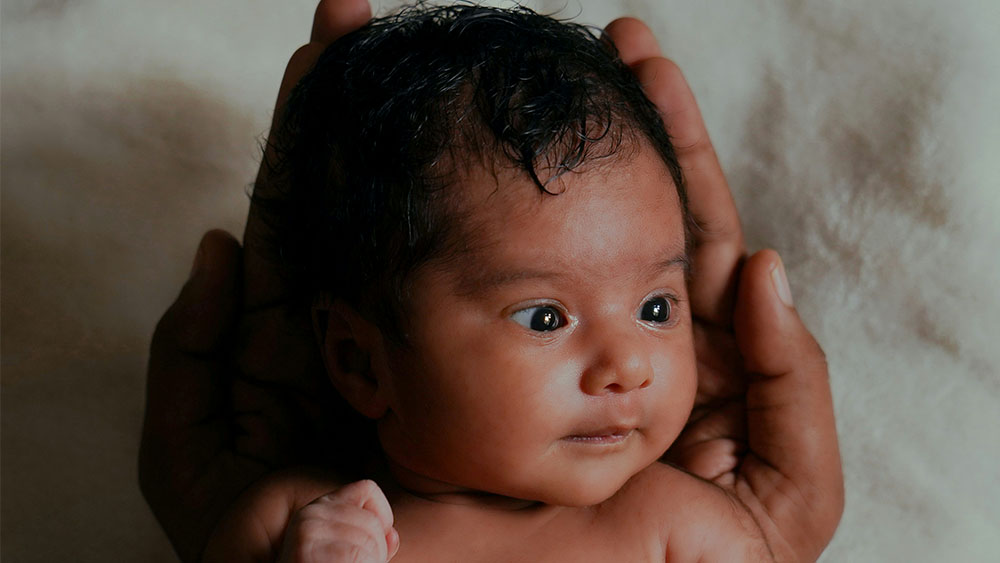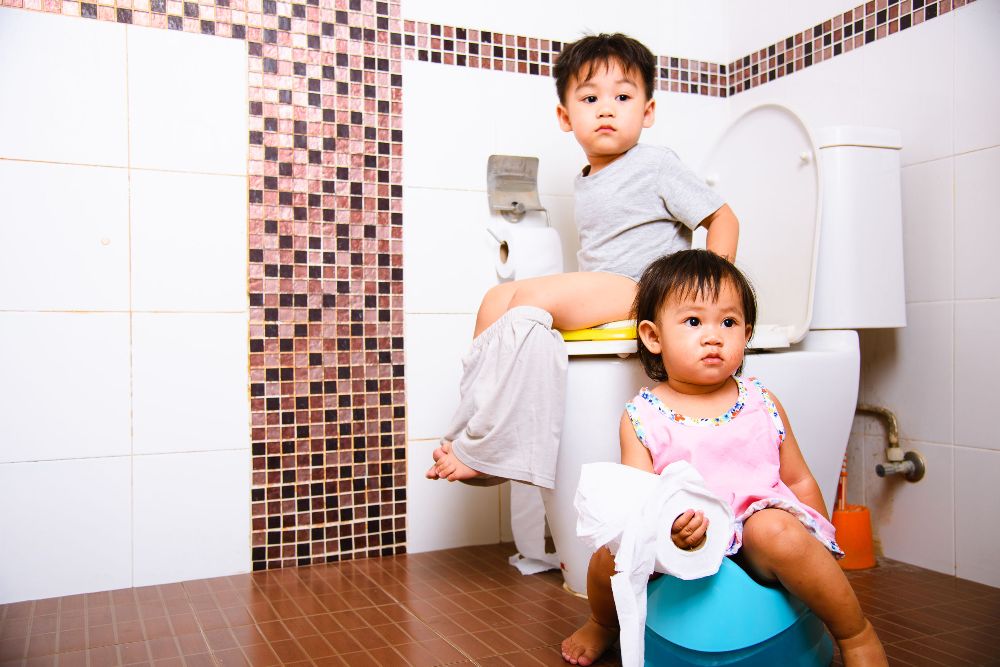Kids’ Social Lives Aren’t As Simple As You Think - Here’s How To Help Them Make Friends
We worry a lot about how our kids are holding up academically. But having good social skills is often necessary for success (and to a degree, happiness) in life. Childhood friendships enable children to develop social competence, self-confidence, and self-identity. While some kids make friends with ease, for others, it doesn’t come as naturally.
As parents, it’s hard when we hear from our children, “No one likes me” or “So-and-so doesn’t want to be my friend.” As much as we want to help them, we can’t make friends for them or shield them from every unkind remark and rejection. You worry and wonder about why your kid isn’t fitting in with others, but mostly, you just feel helpless. Here’s how to help your child navigate the world of childhood friendships and get along with others, as well as what to do when you don’t have all the answers (because you won’t — not all the time, anyway).
Just as learning to read requires specific skills, there are a number of skills that young children can develop in order to make friends.
Sara Yeow, Principal Occupational Therapist at MindChamps Allied Care at East Coast, outlined the following skills for making friends.
Firstly, your child needs to be ready. “For anyone to be part of the group, one has to be ready to BE in the group,” said Ms Yeow. Initiating play and conversations takes courage, confidence and practice. Interacting positively and knowing how to stay on topic are important, too. No one likes to play with someone who just keeps talking about themselves and changes the topic or play theme abruptly, Ms Yeow pointed out. Listening is a basic social skill. Does your child know how to listen with their whole body, maintaining proper eye contact and focus while their friend is talking?
Understanding verbal and non-verbal cues is essential in order for kids to function in a social situation. Picking up on tone of voice, gesture and facial expression “can guide children towards taking the appropriate necessary actions. For instance, ‘My friend doesn’t sound happy. Maybe I should stop insisting on my way for now’ or ‘My friend is frowning. It may be something I said and I should apologise,’” said Ms Yeow.
How to help
Role play: Model good social behaviours to your child, such as waiting while someone is relating an event, conversing politely (with attentive body language, such as orienting your body in the directing of the speaker), and making relevant verbal responses. Ms Yeow suggested that if your child displays inappropriate behaviour, you could also imitate it and talk through it afterward to increase your child’s awareness of how it makes others feel.
Social stories: “Read stories that talk about good social behaviours, and maybe even create these stories to have them personalised to the particular child so that it becomes more relatable,” said Ms Yeow. Try Pointdexer Makes a Friend by Mike Twohy, The Invisible Boy by Trudy Ludwig, You Will Be My Friend by Peter Brown, and Princess Puppy by Bernette Ford.
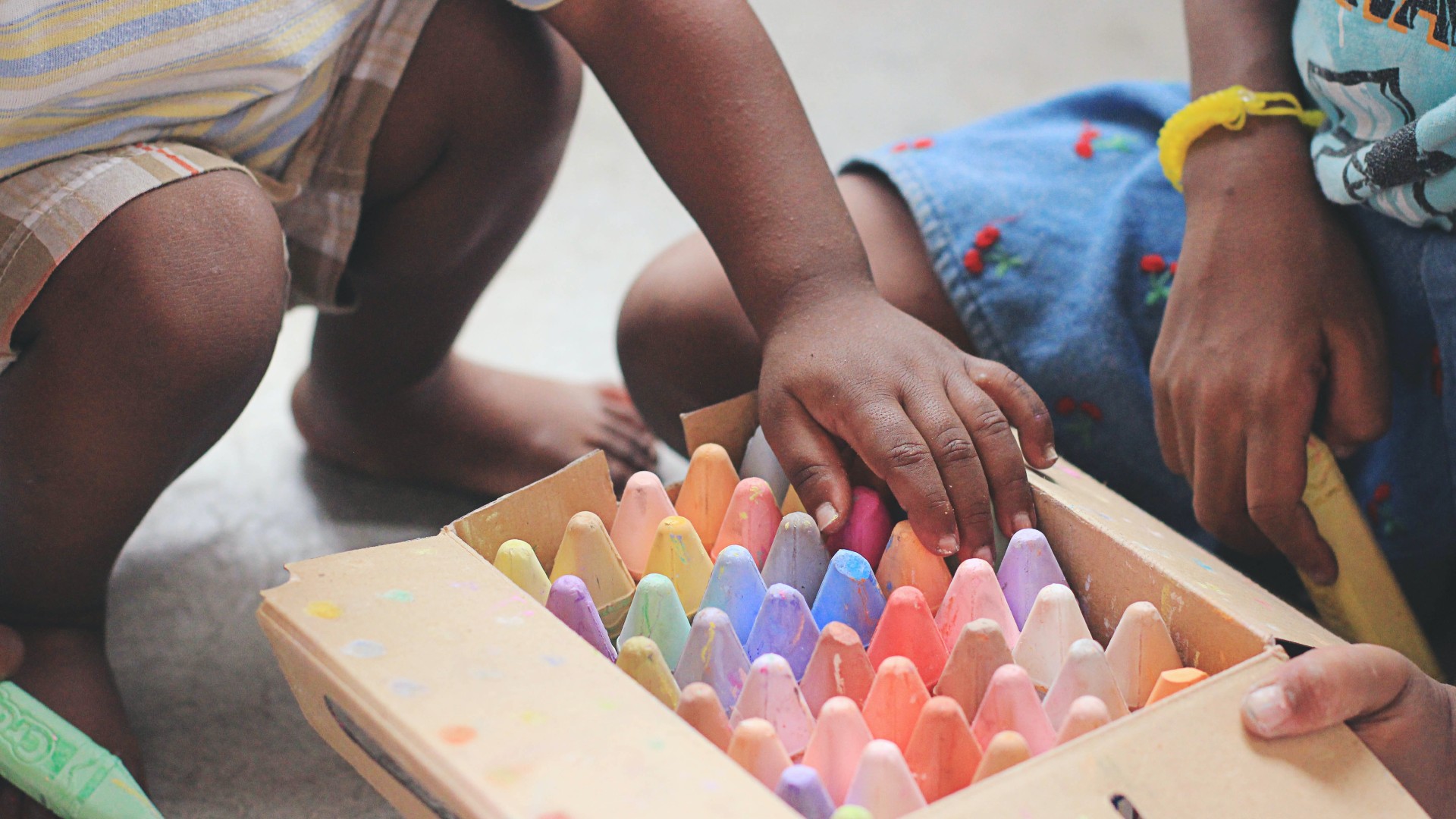
Parenting style and communication at home may affect your child’s social competence.
Communication skills are learned in the home first, through family dialogue. Parents who engage in reciprocal communication with their children may help them develop their social competence. According to Willy Lu, Senior Counsellor at REACH Counselling Service, when kids learn how to show love, care and respect at home, they are likely to transfer these values through their communication with their peers.
In a warm and secure home environment, children are better able to speak their minds and communicate openly without fear of being judged or punished. But simply practicing a warm parenting style may not be enough; be sure to avoid the following common mistakes.
How to help
Ms Yeow listed the following factors that may affect children’s social lives.
Getting overly involved: Are you giving your child an opportunity to problem solve when conflicts arise with their peers? Being corrected too much may cause your child to rely too much on your help and possibly develop low self-esteem issues, according to Ms Yeow.
When the kids are at play, avoid hovering so that your child does not feel like she’s being watched.
Displaying inappropriate social behaviours at home or outside: “Children are very quick to pick up on behaviours from their parents, good or bad,” Sara Yeow, Principal Occupational Therapist at MindChamps Allied Care at East Coast said.
Not listening to your kid when they talk about their friends: “Sometimes when children relate their interactions with their peers, some of us parents tend to just nod to everything they say because we may be busy with work. Doing this may cause us to overlook certain issues,” said Ms Yeow. If you’re all ears when your kid reports their latest math exam score, why not pay the same level of attention to their retelling of a conversation they had with their friends or what happened at recess?
Read Part 2 here: Helping your kids deal with shyness, bullies, and rejection
For the latest updates on Wonderwall.sg, be sure to follow us on TikTok, Telegram, Instagram, and Facebook. If you have a story idea for us, email us at [email protected].







